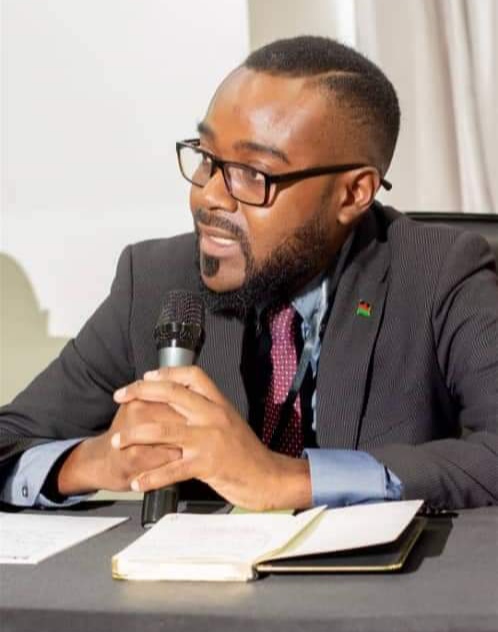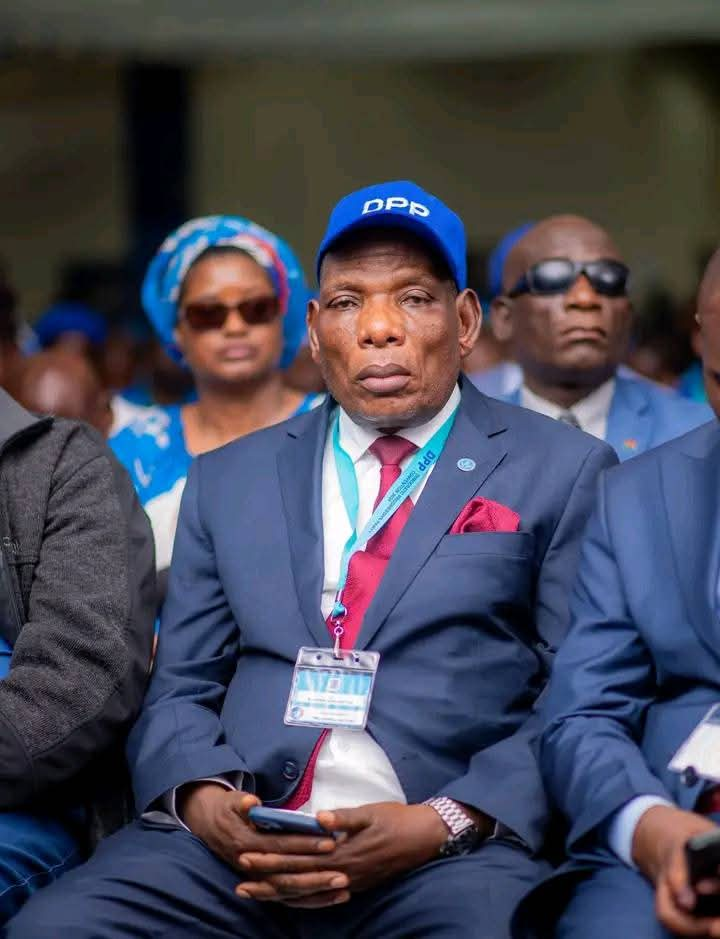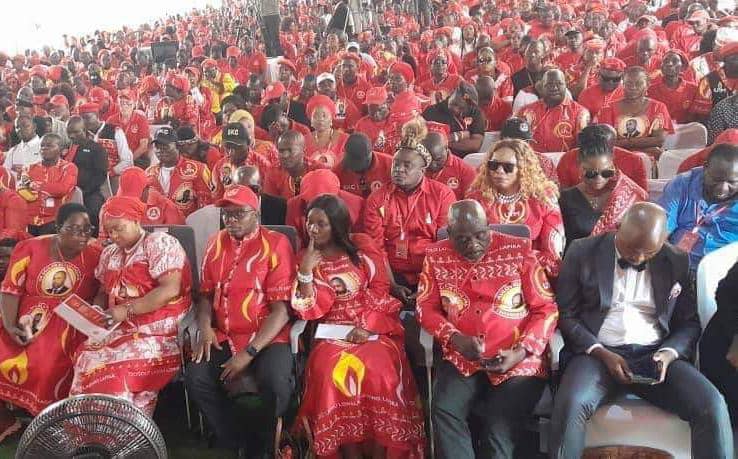Malawi Peace and Unity Commission (MPUC) has pledged to continue engaging with the Centre for Multiparty Democracy (CMD), a grouping of all political party secretaries-general on the importance of promoting peace as the country prepares for the 2025 general elections.
In an interview on Tuesday with the Malawi News Agency (Mana), MPUC Chairperson Bishop Mary Nkosi said the commission has started meeting with various political leaders to raise awareness about the need for peace during the election period.
Nkosi emphasized that the commission will continue to engage with leaders, as they have the power to influence their followers and condemn any misconduct.
“Leadership is crucial because followers often take direction from their leaders. That’s why involving leaders is one of MPUC’s key initiatives. We believe that by educating and engaging with leaders, the commission can help end the spread of hate speech and tribalism, which can incite animosity among their followers,” she said.
Nkosi added that the commission will also engage with media houses to help curb the violence that occurs on social media platforms.
“The digital space seems to be filled with conflicts. So, we plan to involve the media in spreading accurate information to promote peace during this election period,” she said.
Nkosi stressed that the commission will continue working with the police and judiciary, not as a replacement for their roles, but as a mediator in conflicts.
She also assured the nation that the commission’s efforts will extend beyond the election period to ensure peace is maintained in the country.
In a separate interview with Mana, political analyst, Victor Chipofya observed that violence often begins when ideas run out in a society.
“People at the grassroots fight for those at the top, not for themselves. Leaders should be involved in everything their followers do to maintain peace during the 2025 elections,” he said.
Chipofya added that leaders should be the standard-bearers of peace by disciplining their followers when any issues of violence arise.
“Leaders must act to discipline their followers. Most political leaders rely solely on press statements when violence occurs, rather than using the law to discipline the perpetrators. As a result, people continue to engage in violent acts because they go scot free,” he said.
Chipofya also said most violence can be minimized during the election period if campaigns focus on issues rather than castigating each other.
“If rallies and campaigns address issues that affect people’s daily lives, we are most likely to avoid violence. The issues of tribalism and gender, which often arise during this period, cause resentment and anger,” he said.




